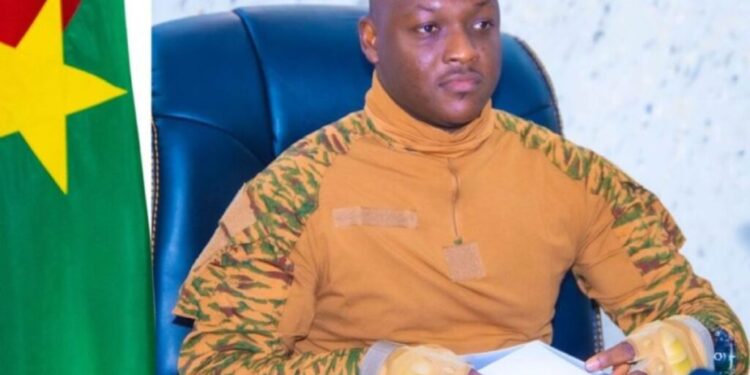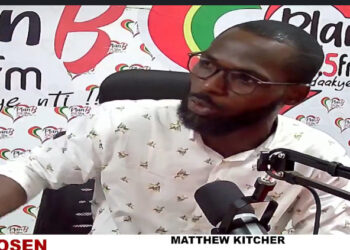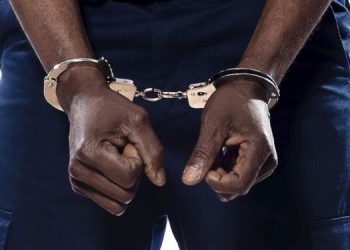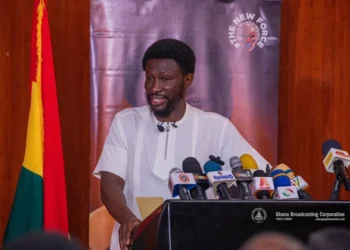In a dramatic turn of events in West African politics, Lieutenant Colonel Paul-Henri Sandaogo Damiba, Burkina Faso’s transitional leader, has publicly accused Ghana’s President Nana Addo Dankwa Akufo-Addo of spreading falsehoods about Burkina Faso. This exchange has re-ignited tensions between the two nations, raising questions about regional relations and diplomatic stability in an already volatile area.
The accusations stem from remarks made by President Akufo-Addo during a recent international conference, where he commented on the security situation in Burkina Faso. Akufo-Addo referred to the challenges Burkinabe authorities face in combating extremist violence in the Sahel region, suggesting that the transition to military governance has exacerbated instability and weakened the country’s ability to address these threats effectively.
In response, Traore expressed his disappointment and frustration via a televised address, asserting that Akufo-Addo’s statements were not only misleading but damaging to Burkina Faso’s image on the global stage. “I am shocked that a leader of a neighboring country would choose to misrepresent the facts surrounding our security challenges,” Traore stated, highlighting that the situation is complex and rooted in deep-seated historical and socio-economic factors that require regional solidarity rather than divisive rhetoric.
The tensions between the two leaders present an alarming reflection of the broader struggles facing West Africa. Soaring violence from jihadist groups has created a humanitarian crisis across the region, prompting military takeovers in Burkina Faso and other nations like Mali. Instead of fostering cooperation, differing perspectives on governance and security responses could hinder collaborative efforts needed to address these pressing challenges.
The public exchange between Traore and Akufo-Addo comes at a sensitive time as regional bodies, including ECOWAS, are trying to promote democratic governance and stability. Critics argue that personal attacks and political posturing only complicate the efforts aimed at restoring order and unity in an area marked by turmoil.
Community leaders and citizens in both Ghana and Burkina Faso have expressed their concerns regarding the implications of this spat on bilateral trade and cooperation, essential for addressing shared problems like security and economic downturns caused by rising extremist threats.
As the situation continues to unfold, observers are calling for constructive dialogue between the two leaderships.










Discussion about this post